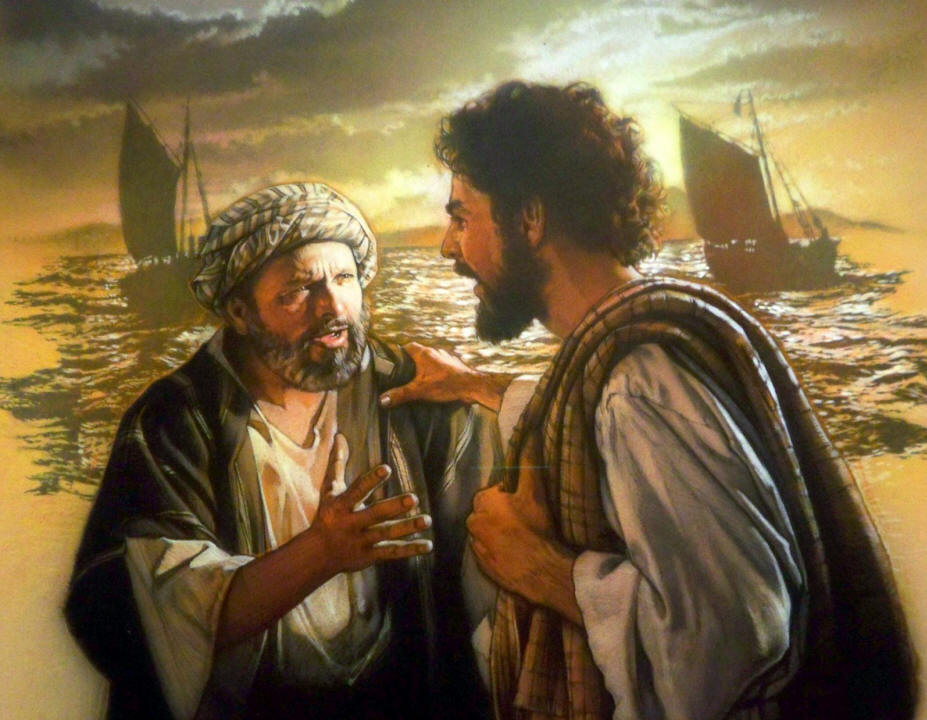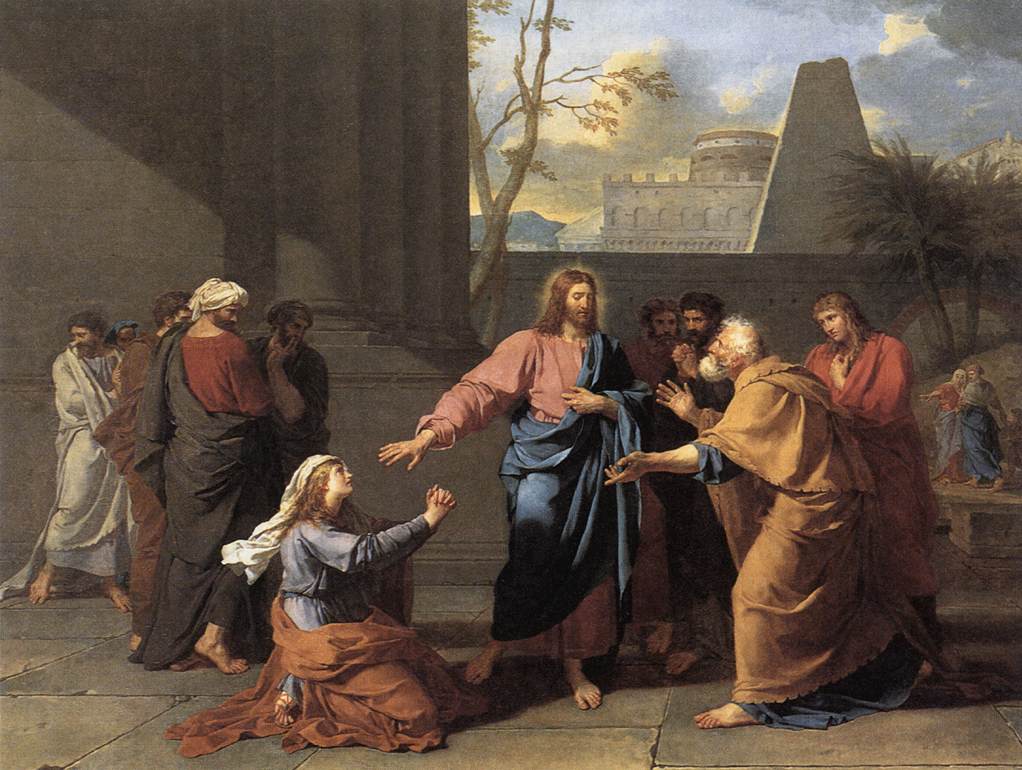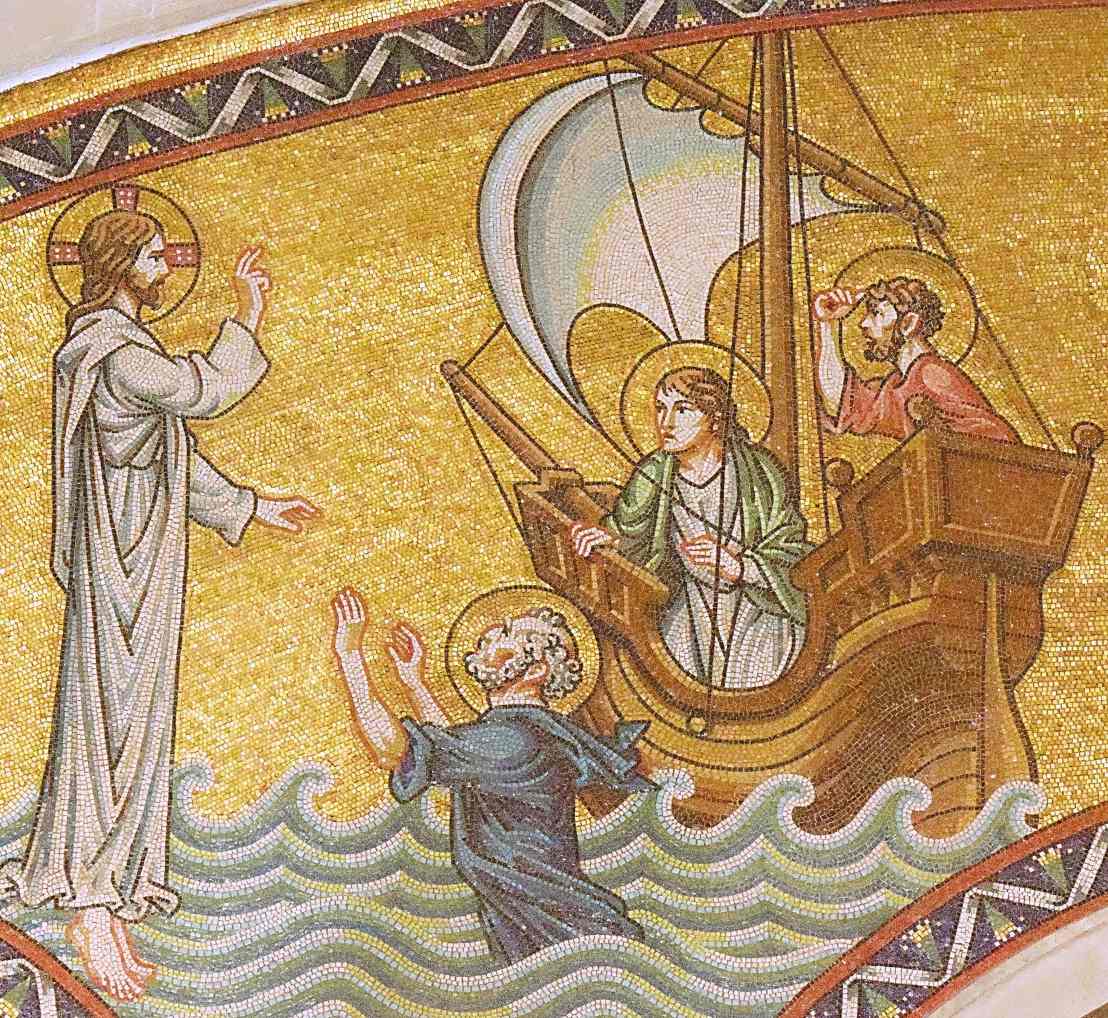A couple of weeks ago we heard Jesus say to Simon: "You are Peter and on this rock I will build my church." (Mtt 16: 18) Today we hear something about what this mysterious things called "church" is and how it functions. It is a gathering to which brothers and sisters, made so through the bonds that are forged in Christ, can resolve conflicts and ensure order within the community. Jesus says: "If the brother or sister refuses to listen to them, tell it to the church; and if the offender refuses to listen even to the church..." (Mtt 18: 17). This gathering is no ordinary group of individuals as its decisions are binding on earth and in heaven. (Mtt 18: 18) Third, it is a gathering of prayer which makes the Lord present: "For where two or three are gathered in my name, I am there among them." (Mtt 18: 20). As we gather for Mass today let us be mindful of the privilege of being church and the power that the church has to resolve conflict, mediate grace and make the Lord present. Our Mass is no ordinary human event. It is a mediation of Jesus himself as he is among us as the Bridegroom is to the bride. Let us also be mindful of the obligation to seek peaceful resolution of conflicts and to avoid scandal, gossip and detraction which are so corrosive of the beautiful Church into which each of us has been baptized.




